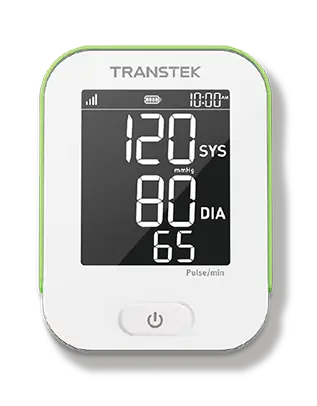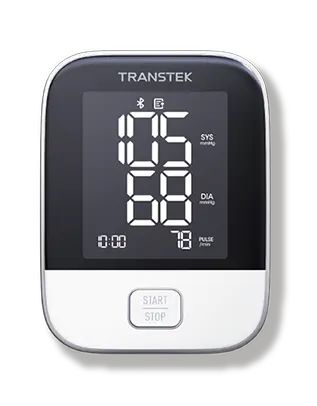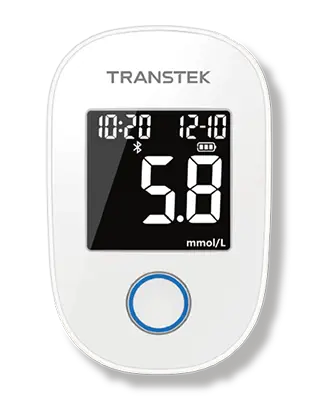
Up to now, many people still firmly believe that the blood pressure measured in the hospital is the most accurate. However, according to an observation, nearly 15% to 30% of people in hospitals or clinics have higher or lower blood pressure than in normal life. Our blood pressure is affected by many factors in daily life, including daily caffeine intake, salt intake, stress level, nicotine intake, emotion, pain, exercise and a series of other factors. Blood pressure will also have different performance at different times, rising during the day, falling at night when sleeping, rising again after waking up and reaching the peak in the morning.
Some diseases can affect blood pressure, such as kidney diseases, sleep related diseases, diabetes, thyroid problems or cardiovascular diseases. If you are under great pressure, use your mobile phone for a long time, smoke and drink, and work and rest irregularly, you will also find that your blood pressure fluctuates abnormally.
In reality, for patients with hypertension and heart disease, more and more doctors suggest that besides the clinical readings in hospitals and clinics, blood pressure should be measured regularly at home and recorded. Recording the changes of blood pressure can ensure more effective treatment procedures, and can also better analyze the root causes of blood pressure fluctuations, thus helping patients to control hypertension. Using a blood pressure monitor to measure blood pressure in a familiar environment at home can also help avoid reading differences caused by external factors or anxiety. TeleRPM BPM Gen 1 is connected to T-Mobile or AT&T cellular network through wireless network, and has a built-in cellular SIM card. Application programming interfaces (APIs) can be used to integrate with RPM health platforms and hospital management systems.
Moreover, the study points out that if you have high blood pressure, you must be alert to the fluctuation of blood pressure. This is a dynamic process. It is impossible for patients to go to the hospital several times a day, but they can easily get these results at home. A blood pressure level of 120/80 is considered normal, and attention should be paid to any situation that exceeds this value during measurement.
Using a blood pressure monitor at home to measure blood pressure can regularly obtain these valuable data and accurately understand your own blood pressure level, which helps to detect abnormalities early and receive medical intervention in time before causing more serious diseases or other chronic diseases. If patients start taking drugs, it can also monitor the antihypertensive effect of some blood drugs within a day. Frequent monitoring can also ensure that patients' blood pressure fluctuations are controlled, and save money by reducing the frequency of hospital visits.
+86-0760-85702291







